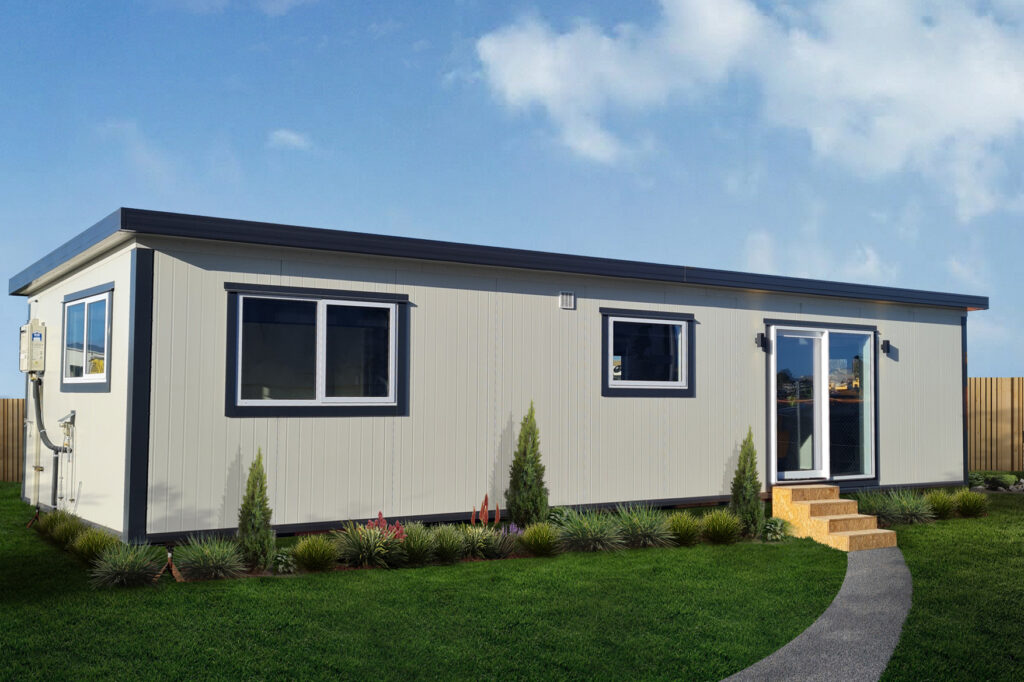Imagine stepping into a home that instantly understands your needs. The temperature shifts to your preferred setting, the lighting adjusts to match your mood, and the furniture is reshaped for maximum comfort. This is not a futuristic fantasy—it’s the reality of adaptive living, where houses no longer remain static but evolve alongside their inhabitants.
The concept of a house that adjusts to its owner is built on cutting-edge AI, smart sensors, and shape-shifting materials. Unlike traditional smart homes that require manual input, this house learns and anticipates what you need.
For instance, if you like waking up to natural light, the blinds will automatically rise a few minutes before your alarm. If you often fall asleep on the couch watching TV, the sofa will gently recline into a comfortable sleeping position. Over time, the house understands your habits, adjusting itself seamlessly without you lifting a finger.
At the heart of this adaptive home is an advanced AI system connected to thousands of tiny sensors embedded in walls, floors, and furniture. These sensors monitor temperature, air quality, body language, and even emotional cues—detecting stress levels through subtle facial expressions or vocal tones.
For example, if you return home from a long day looking tired and tense, the house responds accordingly:
The lights dim to a soothing warmth.
The speakers play soft, calming music.
Your favorite recliner gently adjusts to an ideal resting position.
Even the walls can shift—expanding or contracting to create a more open or cozy space based on your preference.
Gone are the days of rigid furniture layouts. In an adaptive house, your environment moves with you. Need a larger dining table for guests? The surface expands automatically. Want a reading nook? A chair emerges from the wall, paired with a built-in bookshelf.
The bed adjusts its firmness based on your sleeping posture. The kitchen counters rise or lower for ergonomic comfort. Even the floor can soften beneath your feet after a long day.
While the benefits of an adaptive house are undeniable, concerns remain. How much data should a home collect? Can an AI system genuinely understand human emotions without invading privacy? Some worry about becoming too reliant on technology—what happens if the system crashes?
There’s also the question of control. What if the house misinterprets a mood? If you’re just deep in thought but not sad, will the house dim the lights unnecessarily? Experts emphasize the need for balance—homes that enhance lives without replacing human decision-making.
The potential of houses that adjust to their owners is limitless. Imagine homes that help the elderly by recognizing fall risks, guiding them with gentle floor adjustments, or reminding them to take medication. Or homes that heal, using chromotherapy lighting and aromatherapy based on one’s health needs.
As technology advances, adaptive houses will transition from luxury to necessity, making daily life easier, healthier, and more intuitive. Are we ready to live in homes that know us better than we know ourselves?



